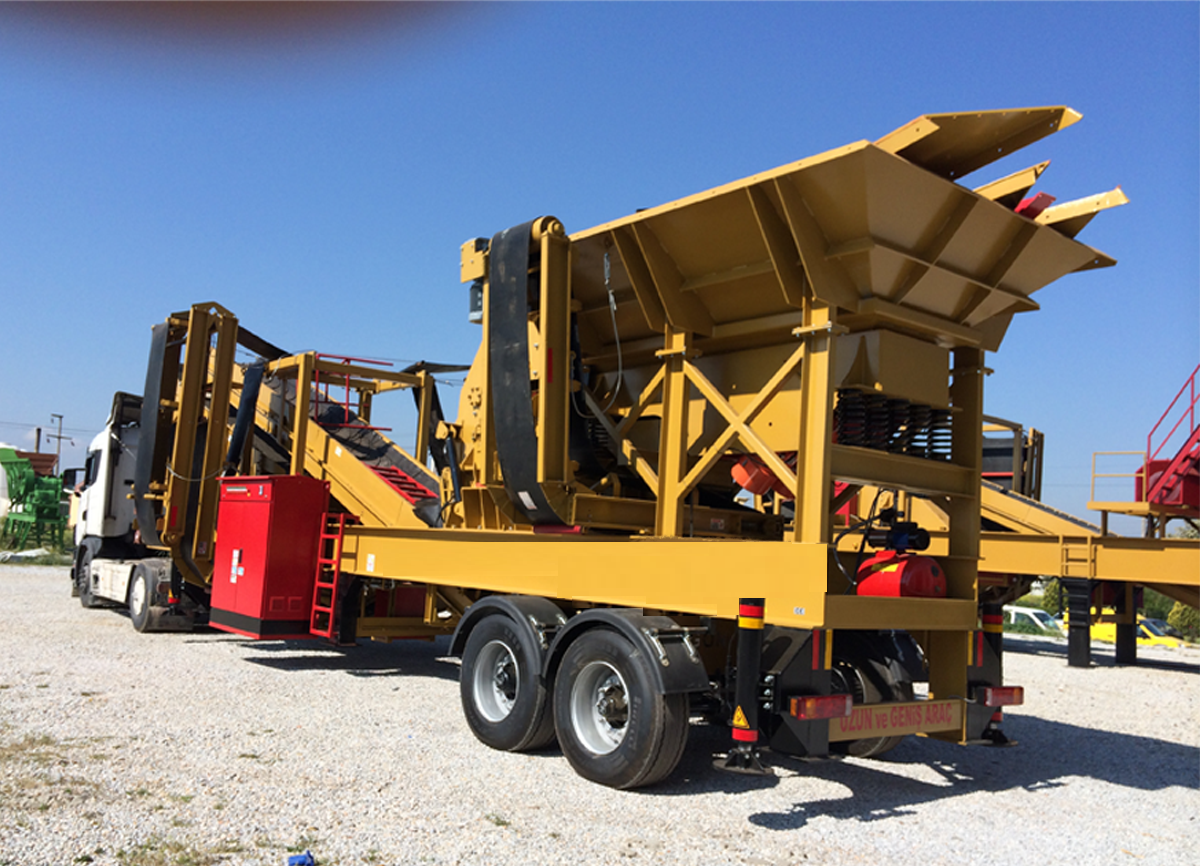River Stone Crushing and Screening Plant
A River Stone Crushing and Screening Plant is a facility that processes river stones, which are typically extracted from riverbeds, into various sizes and forms suitable for construction and other industrial applications. These plants are essential for producing aggregates such as sand, gravel, and crushed stone, which are used in construction projects including road construction, building foundations, and concrete production.
Functionality of the Plant
The river stone crushing and screening plant operates through several stages, each designed to refine the raw river stones into different products. The main stages are:
-
Primary Crushing: The river stones are first fed into the primary crusher, where they are broken down into larger pieces. This stage reduces the size of the stones, making them more manageable for further processing.
-
Secondary Crushing: After primary crushing, the stones move to a secondary crusher, where they are further reduced in size. The secondary crusher breaks the stones into smaller, more uniform pieces.
-
Screening: The crushed stones are then screened to separate them by size. The screening process is essential for sorting the materials into various categories such as fine aggregates (sand), medium-sized aggregates, and larger aggregates (gravel).
-
Washing: Some plants include a washing stage, where dust and unwanted particles are removed from the aggregates. This ensures that the materials meet the required standards for construction use.
-
Stockpiling and Distribution: The final products are stored in large stockpiles and then distributed to customers. These products are used in various construction applications, from building roads to creating foundations for structures.
Importance of River Stone Crushing Plants
These plants are crucial for the supply of raw materials needed in the construction industry. The demand for high-quality aggregates is high due to the growing urbanization and infrastructure development worldwide. River stones are particularly valued for their durability and the quality of the aggregates they produce.
Moreover, river stone crushing and screening plants are environmentally significant, as they can help in controlling the extraction of materials directly from riverbeds. By providing an efficient way to process river stones, these plants contribute to reducing the environmental impact associated with uncontrolled extraction.
Environmental Considerations
Despite their importance, river stone crushing plants must operate with consideration for the environment. Dust and noise pollution are common concerns, as is the potential for water contamination from washing processes. Therefore, modern plants are designed to minimize these environmental impacts through effective dust control systems, noise reduction technologies, and water recycling systems.
Conclusion
River stone crushing and screening plants play a vital role in providing the necessary materials for construction projects. Their efficiency and contribution to sustainable practices make them an integral part of the infrastructure development process.
 English
English
 Le français
Le français
 Türkçe
Türkçe

